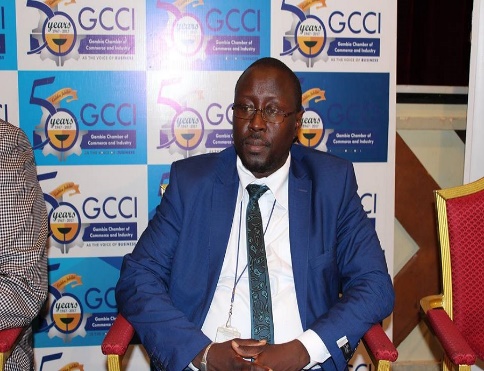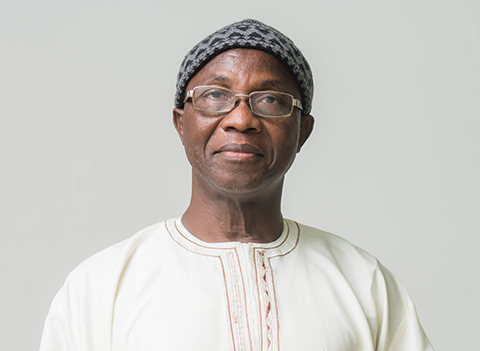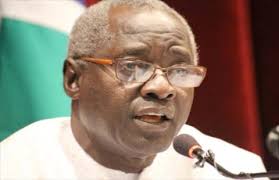By Landing Colley
The National Accreditation and Quality Assurance (NAQAA) has raised concern over lecturers who are yet to hold master’s degree but are lecturing at the University of The Gambia [UTG].
Dr. Grbril Jaw chief executive officer of NAQAA told the National Assembly select committee on education that through their inspection in classes, there were graduate teaching courses on full-time basis, stressing that this is serious as staffs of higher institutions of learning graduate are not required to teach since they do not possess the minimum qualification of a master’s degree.
“Some teaching staff at UTG specifically in the school of Arts and Science, Business and public Administration, change the institutional timetable to suit them, which has result classes being conducted Saturdays and Sundays,” he pointed out.
According to him, the school of agriculture and environmental science in Faraba Banta, are seriously constrained in term s of internet connectivity and logistic for timely travels to and from Faraba.
“At the time of visit there are no proper structure in place within the school such as standard curriculum, and farming implements and seeding for practical. There was evidence that the school of ITC would be introducing a new bachelor’s program that is (BSC Telecommunication and computer networking), but the human resource and equipment requirements of the program are not yet available,” he disclosed.
He add:“The audit team noted that system development in quality assurance and quality management at UTG are still at infant stage. At the time of audit, there was no evidence of developed quality assurance tools by the directorate of planning and quality assurance.”
According to him, NAQAA’s audit team recommended that the university should develop a staff training and succession plan which will ensure continuity in the effective running of the university.
He also said the audit team strongly recommends that all Bachelor’s degree holders and graduate be stopped from handling courses.
“They should be limited to their role of being assistants to lecturers and holding tutorial classes only. The University should put in place monitoring mechanisms to prevent lecturers changing their timetable to suit their own activities,”Dr. Jaw recommended.




